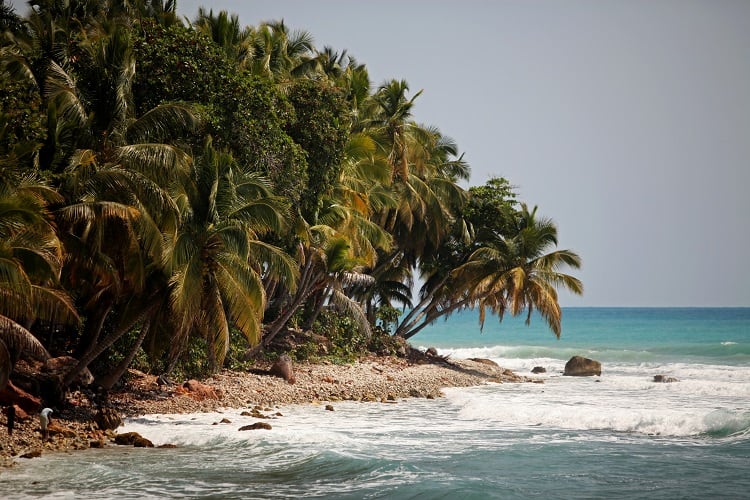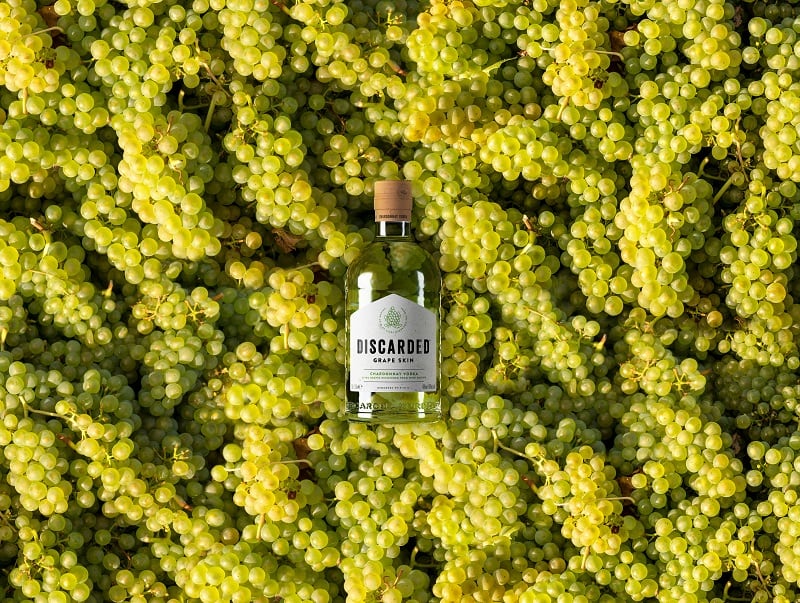Rhum Barbancourt is an old brand with a long history. Founded in 1862 by Dupre Barbancourt, it remains within the family, and is still tied to the island.
The brand has a unique history, being both a favourite of the novelist Graham Greene, who was seen drinking it there frequently during the time of the Papa Doc dictatorship, and being used in voodoo, a local religion practised by Toussaint Louverture, leader of the Haitian Revolution, himself.
Now, it is expanding to a different island: the UK. “Spirit Cartel’s portfolio of brands fit with the premium vision we have for Rhum Barbancourt,” Delphine Gardere, Rhum Barbancourt’s CEO, told FoodNavigator.
“They have the knowledge of the UK market across different channels and operate covering key geographical areas. Spirit Cartel is also very focused on brand building which aligns with our mission of showcasing Haitian excellence and craftsmanship. Through our distribution partnership, all of Rhum Barbancourt’s award-winning expressions will be available in the United Kingdom.”
The drink, Gadere told us, is still popular with modern-day Haitians, and its main market is in Haiti. However, the brand is expanding overseas, and the UK is not its only market external to Haiti. “Rhum Barbancourt is actually distributed in 28 countries around the world, with the United States being our second largest market,” Gadere told us. “The brand has always been quite popular in Europe. In 2022, following a complete upgrade of our packaging we re-launched the brand in key markets such as Italy and France to great success.”
However, the brand is tied to Haiti’s history, having been a rum producer there for more than half of its existence as a state. And the drink is still made there. “The brand,” Gardere told us “is embedded in the history of Haiti, and each generation works to advance it for the next one.”
Facing shocks
Since its founding, Rhum Barbancourt has faced an array of challenges. For example, Haiti’s 2010 earthquake put production back significantly.
“The earthquake happened in 2010,” Gadere told us, “and it was indeed one of our most challenging times, losing quite a bit of stock and having to put massive efforts in rebuilding and reinforcing our structures.”
Now, the brand faces new challenges, as political instability worsens in many areas of the country. Rhum Barbancourt, however, still operates there. “Our rum is made from sugar cane juice and the sugar cane is locally harvested.
“It can be very difficult, but we provide as much support as possible to our suppliers. We work mainly with local cooperatives that in turn work with local farmers. We try as much as possible to encourage farmers to build sustainable business models.”
Despite these shocks, the rum is still made in Haiti, as it has been since the company's founding.




